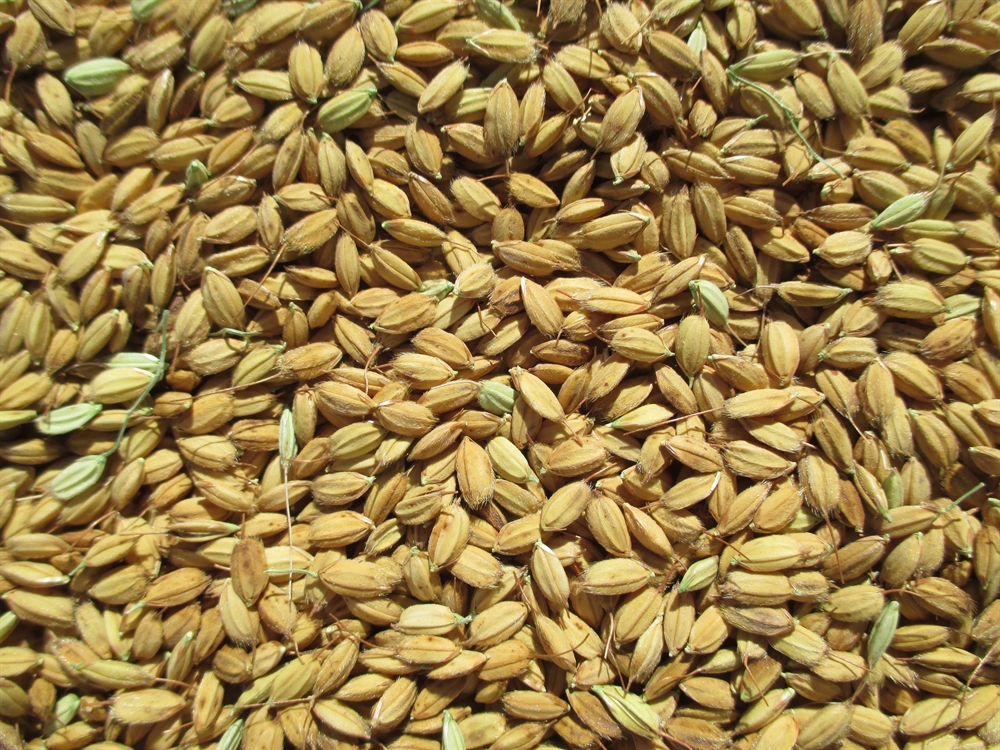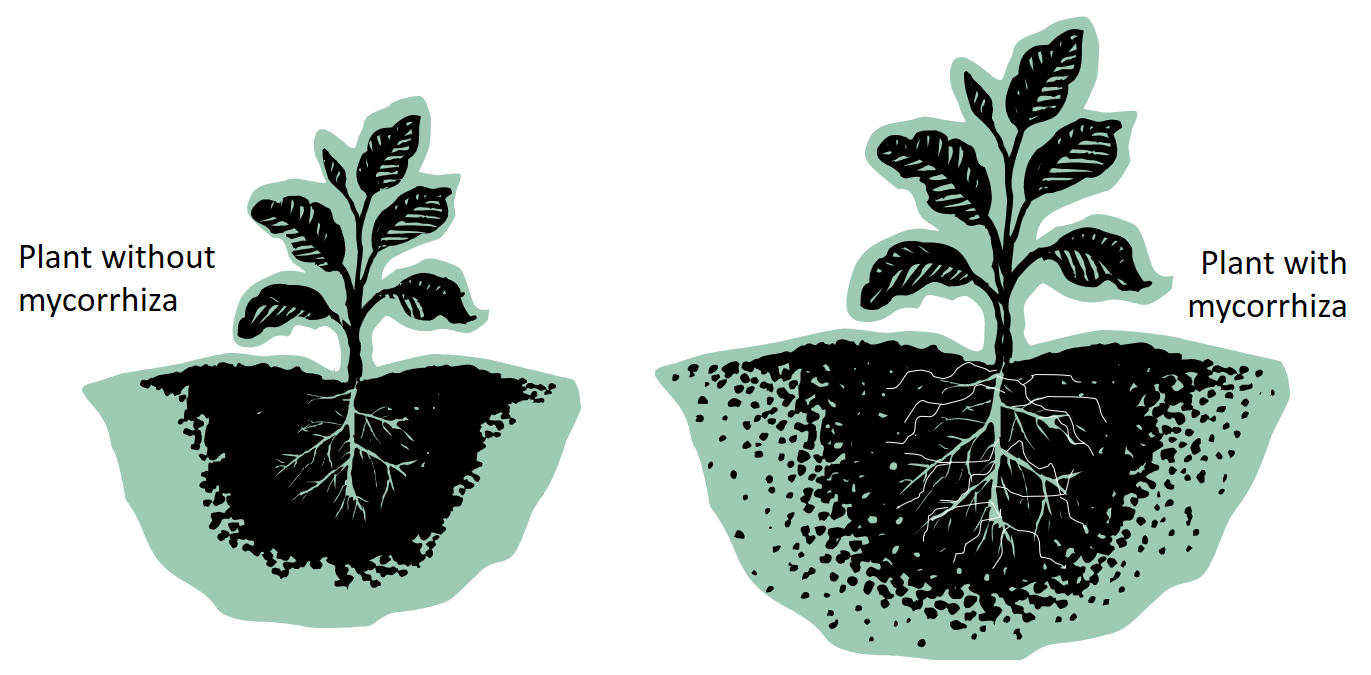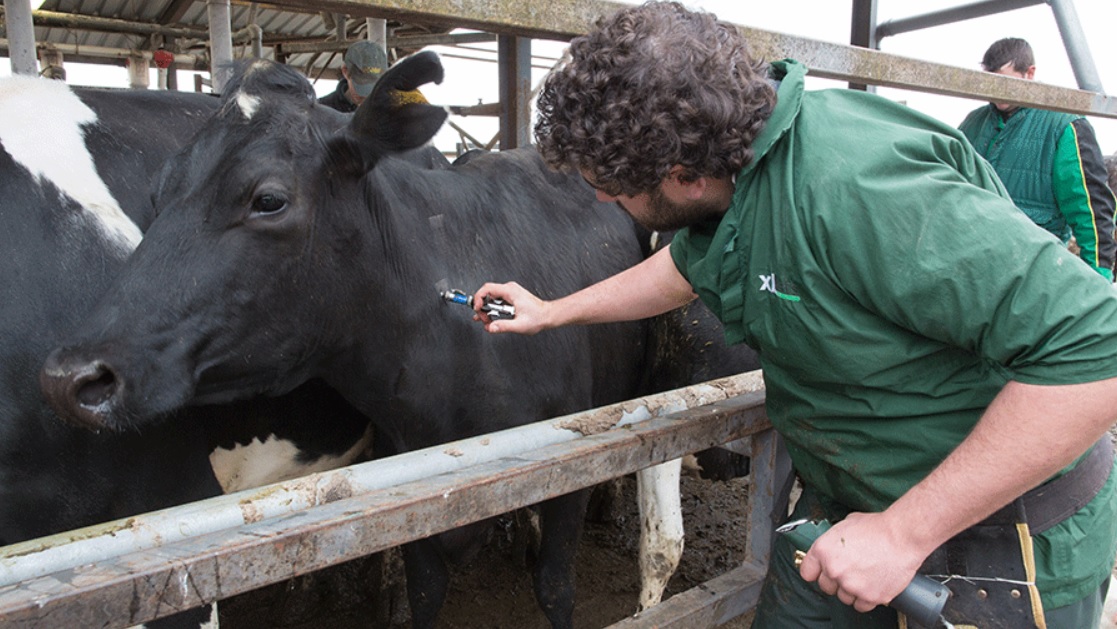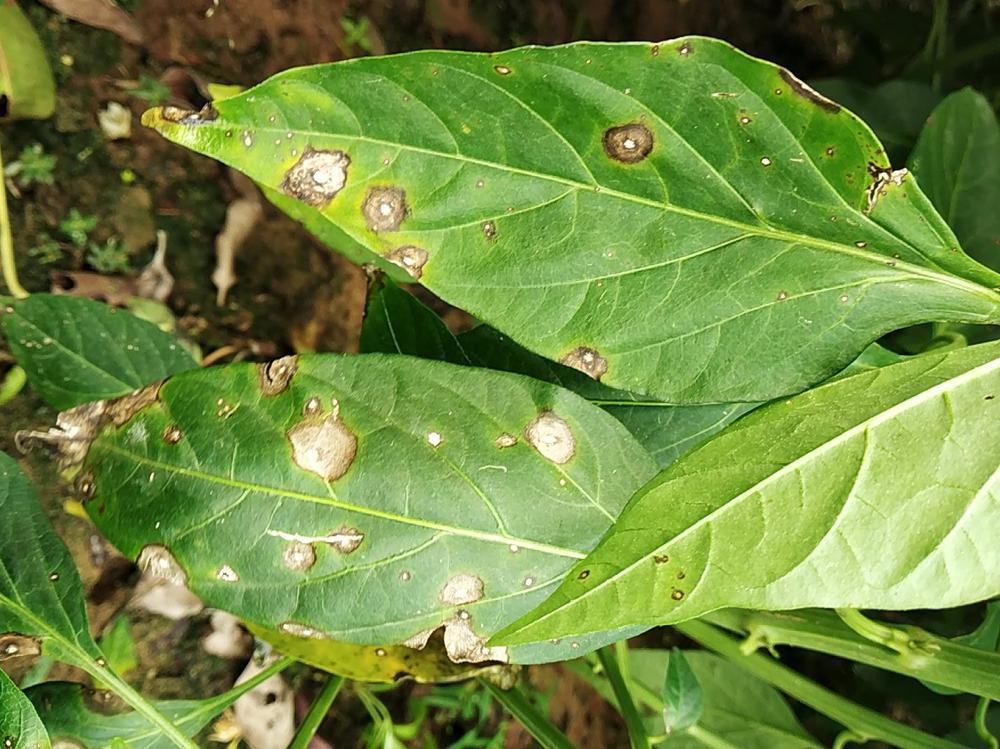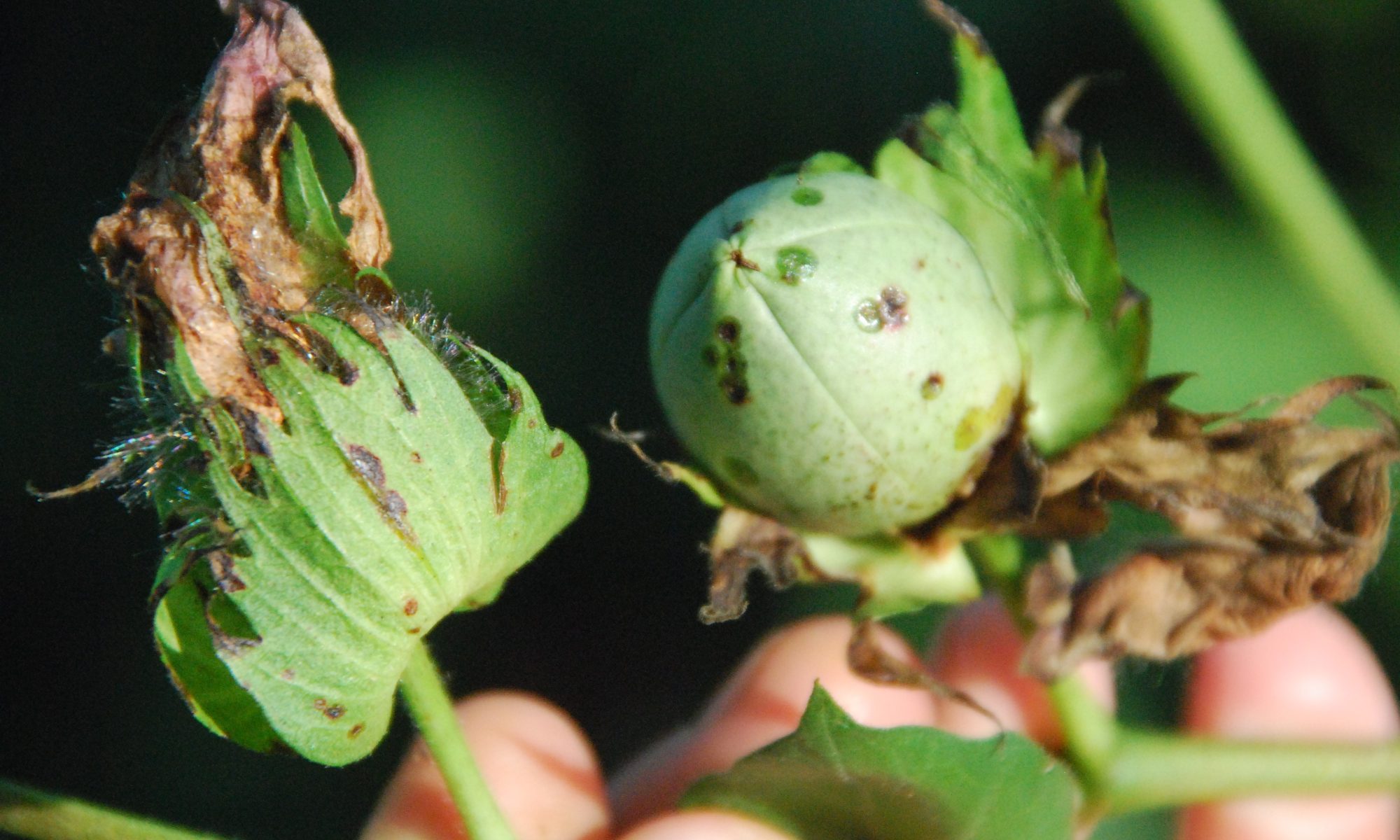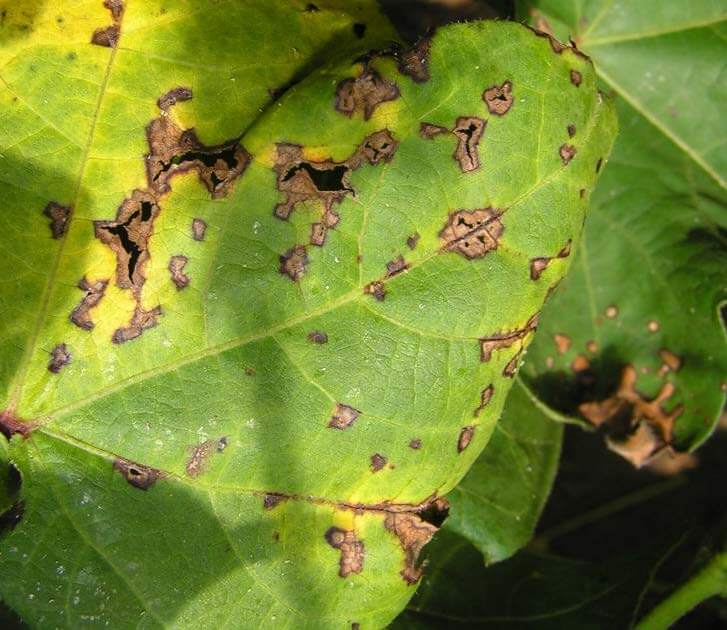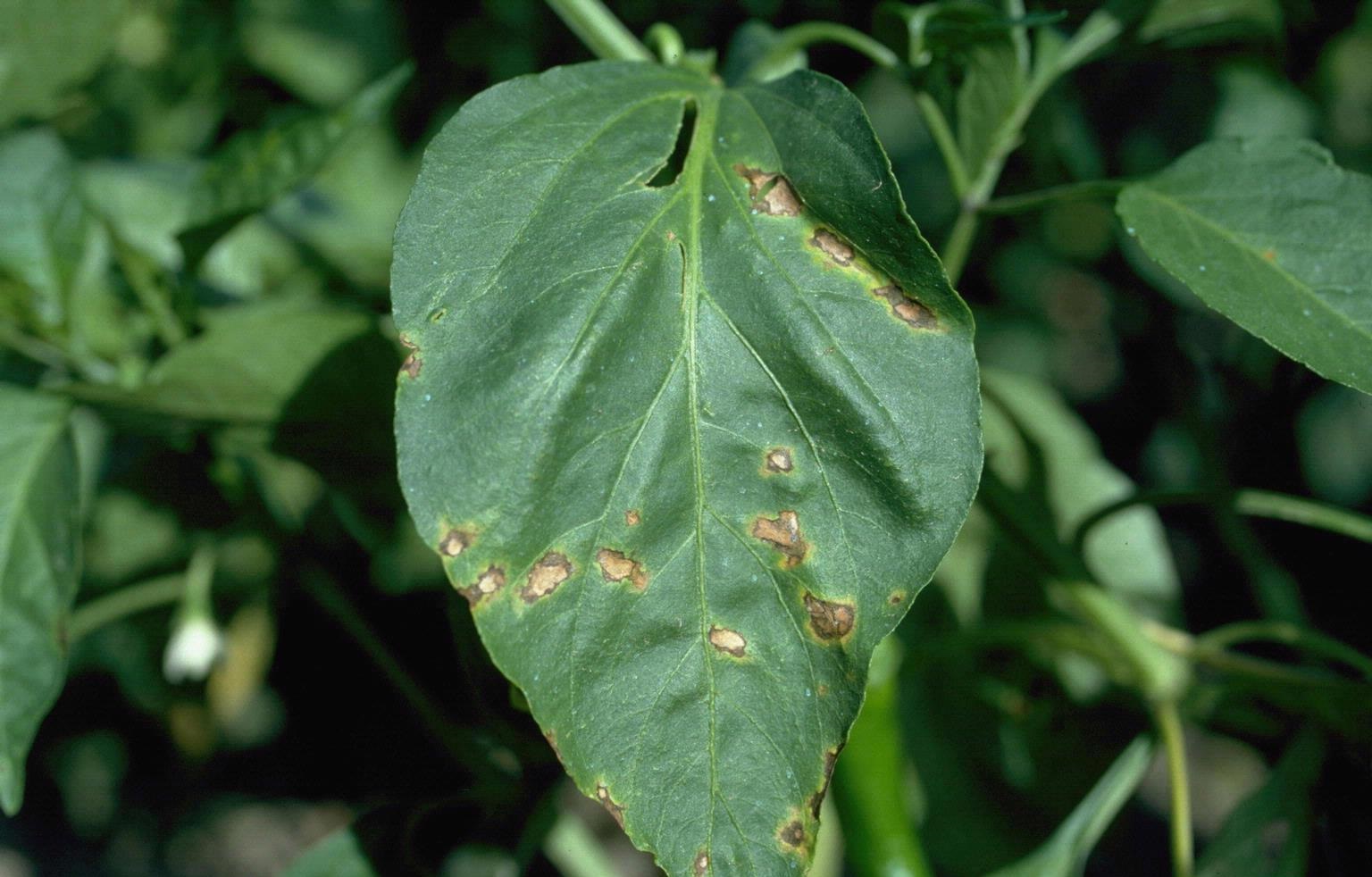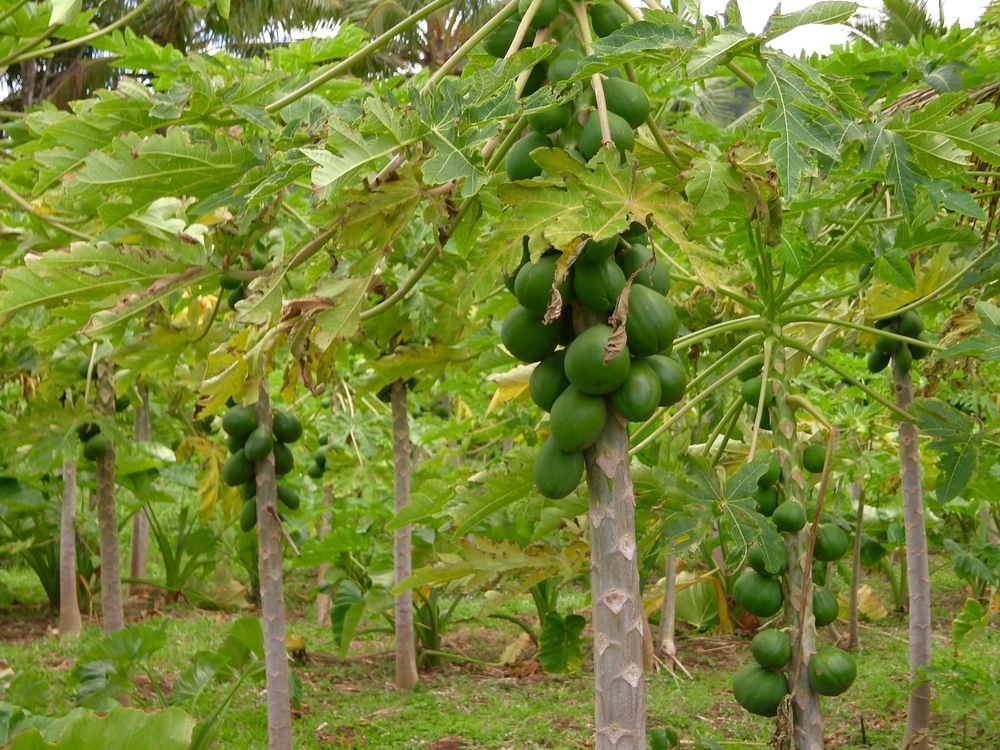- Fungal and bactericidal pesticides in Paddy control the fungal and bacterial diseases spread by seeds.
- To prevent the disease, 1 kg seeds should be treat with 3 gm Carbendazim 12% + Mancozeb 64% or 3 gm Carboxin 37.5% + Thiram 37.5% DS or 3 ml Thiophanate methyl 45% + Pyraclostrobin 5% FS.
- After that spread the seeds in a flat shady place and cover them with soaked jute sacks. Spray water over the sacks so that moisture remains. The seed will sprout after 24 hours
- Then sowing sprouted seeds evenly. Make sure that the seeds are sown in the evening because high temperature increases the chances of destroying germination.
What is Mycorrhiza and its importance in Chilli
- Mycorrhiza is an organic fertilizer that maintains a connection between fungi and plant roots. In this type of relationship, the fungus becomes dependent on the root of the plants and becomes an important component of soil-life.
- The use of mycorrhiza leads to better growth of roots.
- Mycorrhiza helps in the availability of phosphorus and other micronutrients from the soil for the plants.
- Mycorrhiza increases phosphorus availability from the soil by 60–80%.
- Mycorrhiza increases tolerance of the plant to drought by increasing the rate of water absorption by plants. Due to which it helps to keep the plants green.
- Hence, it plays an important role in increasing crop yield.
Free vaccination to protect Cow Descent animals from infectious diseases
Rainfall is coming and you will be aware that during the rainy season there is a fear of spreading many types of infectious diseases. Especially cattle and buffalo descendants are more prone to infectious diseases like Foot and Mouth and Brucella Disease. To prevent this, the central government is now starting a vaccination scheme, which can prevent the disease before it starts.
Under this scheme, all cow and buffalo descendants are to be vaccinated in different states of the country. The Madhya Pradesh government is also going to start vaccination before the onset of rain and about 290 lakh cows and buffalo descendants will be vaccinated here.
A provision of Rs 13 thousand 300 crore has been made for this scheme by the Government of India. Vaccination will be done twice a year under this scheme.
Source: Kisan Samadhan
ShareMeasures to prevent bacterial leaf spot disease in chilli crop
- The field should be free from old crop residues and weeds.
- Streptomycin sulfate 90% + tetracycline hydrochloride 10% W / W @ 24 gm / acre or
- Kasugamycin 3% SL @ 300 ml / acre or
- Spray kasugamycin 5% + copper oxychloride 45% WP @ 250 gm / acre in 200 liters of water.
- For this disease by biological means, spray 500 grams Pseudomonas fluorescens and 500 ml Bacillus subtilis in 200 liters of water per acre.
- Streptomycin should not be sprayed after fruit formation.
Preventive measures of Bacterial Blight in Cotton crop
- To avoid this disease, mix 2 kg of Trichoderma viride in 4 tons FYM and spray it in the field immediately or after the first rain.
- Streptomycin sulfate 90% + tetracycline hydrochloride 10% W / W @ 24 gm / acre or
- Kasugamycin 3% SL @ 300 ml / acre or
- Spray kasugamycin 5% + copper oxychloride 45% WP @ 250 gm / acre in 200 liters of water.
- For this disease by biological means, spray 500 grams of Pseudomonas fluorescens and 500 ml of Bacillus subtilis in 200 liters of water per acre.
Bhavantar Bhugtan Yojana provides financial help to farmers of MP who suffer losses
Madhya Pradesh government runs ‘Mukhyamantri Bhavantar Bhugtan Yojana’ to provide financial assistance to farmers at the time of loss in agriculture. In the event of loss to the farmers under this scheme, the loss is compensated directly by sending money to the farmer’s account.
The loss to the farmers is usually due to lack of proper price for the crop. The Bhavantar Yojana comes in handy to compensate for this loss to get a fair price for the produce.
The Madhya Pradesh government pays the farmers the difference between the market price and the minimum support price (MSP) when crop prices fall from this scheme. This amount is deposited in the account of farmers.
How to take advantage of this scheme?
To take advantage of Bhavantar Yojana, farmers are required to register before selling their produce. Its registration can be done on the MP Earnings Portal created by the Government of Madhya Pradesh. After registration, the farmer is guaranteed to get the minimum support price (MSP) of his produce. Farmers do not even need to visit government offices to take advantage of this scheme.
Source: Nai Dunia
ShareIdentification of Bacterial blight disease in Cotton crop
- Bacterial scorching disease can affect any part of the infected plant and any stage of plant growth.
- In the early stages of plant growth, submerged, spherical or irregular wounds spread to the stem and eventually die of withering and sprout which is known as seedling blight.
- Small, dark green, submerged angular spots first develop on the lower surface of the leaves, gradually these spots grow dark brown and later these spots appear on the surface of both leaves, called the angular leaf spot.
- In this, the veins of the leaves turn black and the leaves start to appear wrinkled and twisted. Which is called vein necrosis.
- Black wounds on the trunk and branches and premature fall of leaves is a symptom known as Black Arm.
- In this disease, rotten seeds and fibers become colorless in the bolls. In the infected boll, the angular round submerged spots appear which become pitted and dark brown or black over time, this is called Boll rot.
Know the symptoms of Bacterial leaf spot disease in Chilli crop
- The first symptoms appear as small yellowish-green spots on the new leaves and these leaves are deformed and twisted.
- Later on, the leaves show small circular or irregular, dark brown or black smooth spots. As these spots grow in size, the middle part becomes lighter and the outer part becomes darker.
- Finally, these spots turn into holes because the middle part of the leaves dries up and bursts.
- In severe infection, the affected leaves fall prematurely.
- Submerged spots form round, bulging, yellow edges on the fruit.
There may be Rain in the next two days from Pre Monsoon, Monsoon will come on time
The Monsoon will knock in Kerala from its scheduled time of June 2 to 9 and then make it rain in different parts of the country. Meanwhile, the head of Indian Meteorological Department, Mrityunjay Mohapatra has said that there is a possibility of widespread rains in India for the next few days under the pre-monsoon before the onset of monsoon.
The effect of the pre-monsoon has been seen since the night of 29 May and there is a possibility that due to this, some states may receive heavy rains by 31 May. Madhya Pradesh, Western Himalayas, Jammu and Kashmir, Ladakh, Himachal Pradesh and Uttarakhand are likely to be affected by these pre-monsoon rains. Apart from this, there is a possibility of rain in West Bengal, Odisha, Karnataka, Punjab, Haryana, Chandigarh and Delhi.
In the coming 24 hours, especially in North Punjab, Haryana, West Uttar Pradesh and some areas of Delhi, a dust storm or thunderstorm accompanied by light rain is expected. During the next 24 hours, rain activities are possible in many parts of Bihar and eastern parts of Jharkhand in West Bengal. Light rain is expected at some places in Uttar Pradesh and Odisha.
Source: Nai Dunia
ShareSymptoms of Iron deficiency in Papaya plants
- Iron deficiency first appears on new leaves. In this, the upper leaves turn yellow but the veins remain green.
- In the later stages, if no remedy is taken, the entire leaf becomes white-yellow and brown sore spots appear on the leaf surface.
- This reduces the rate of photosynthesis, due to which the plant is not able to make food and the yield potential of the plant is reduced.
- Its deficiency can be overcome by spraying 15 grams of Chilled Iron in a tank of 15 liters of water and spraying it on the leaves. or
- Ferrous Sulphate (Fe 19%)

